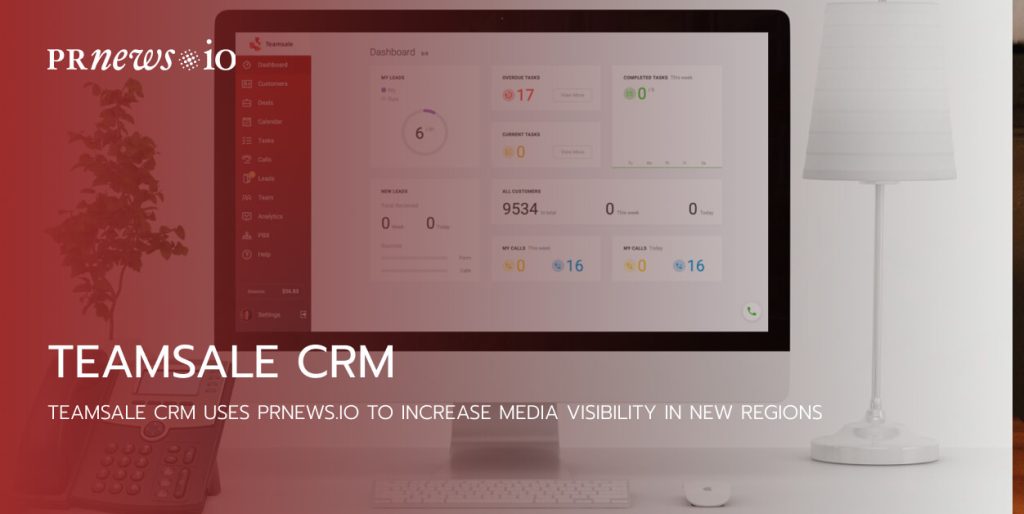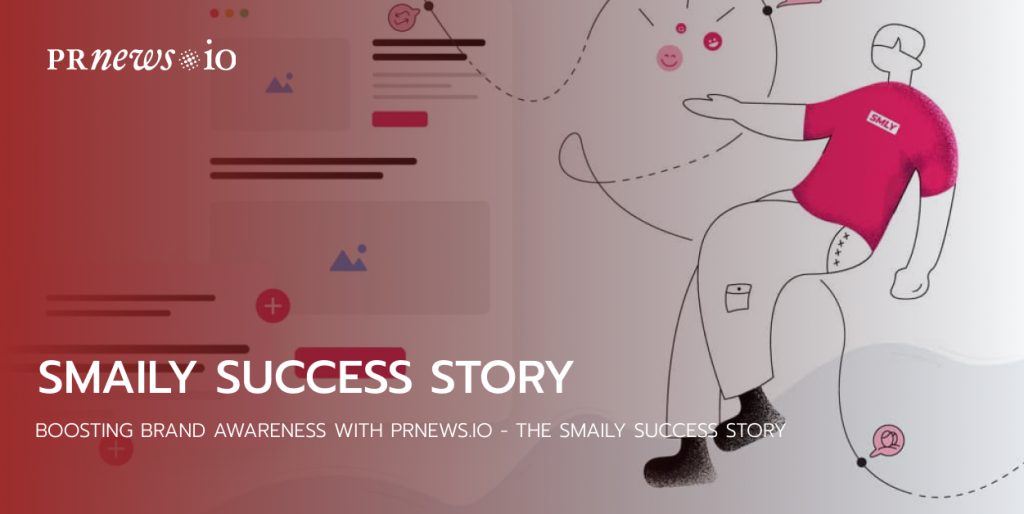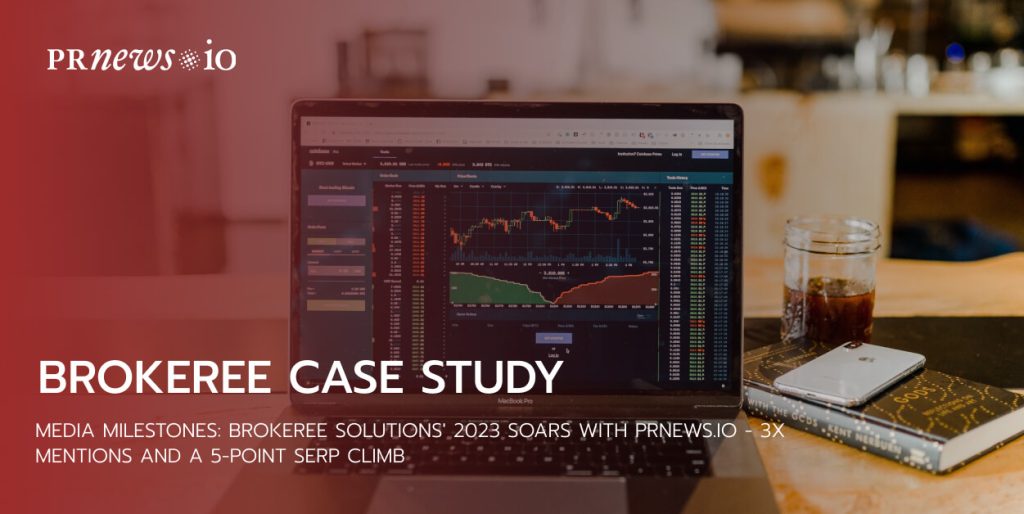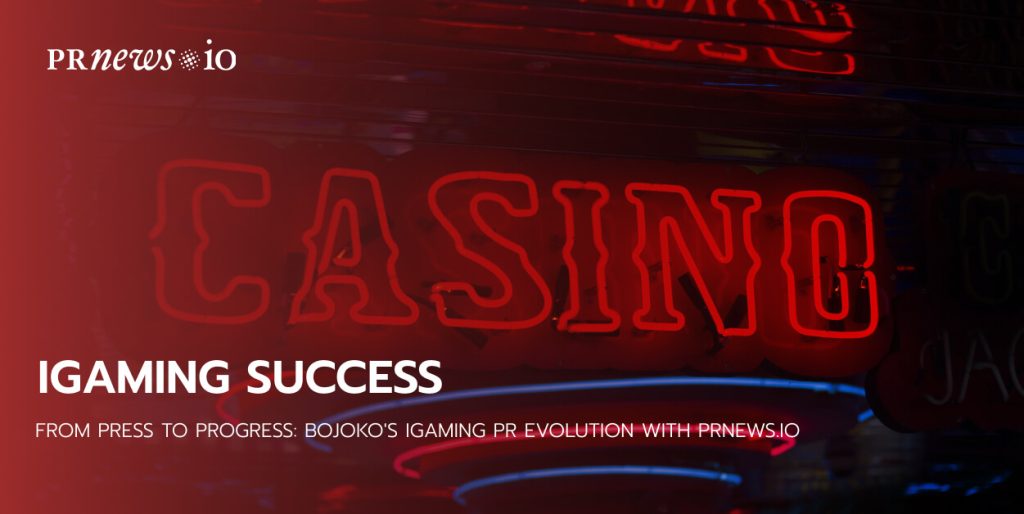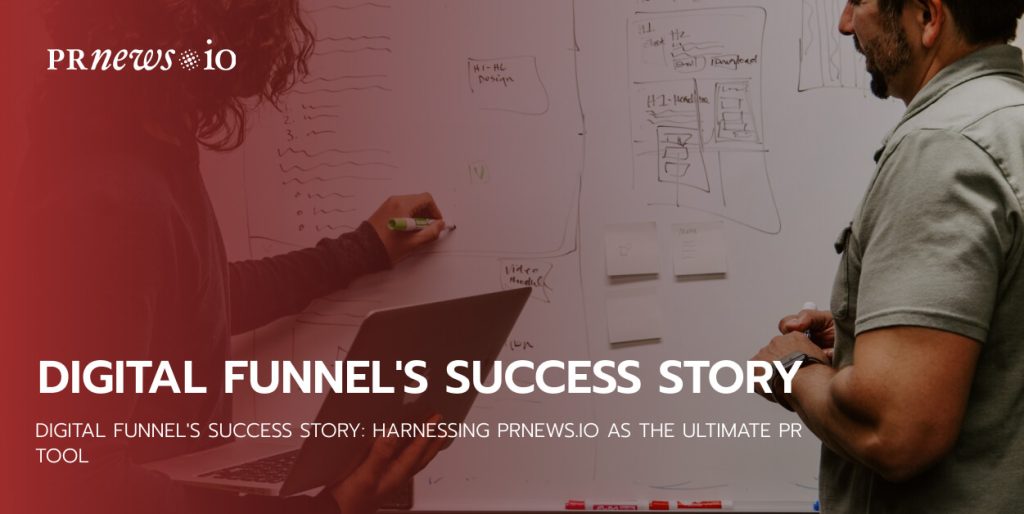Have you ever got a long list with documents opening a bank account? Or any email or SMS from your bankers to add your KYC documents and update the latest information in your bank account? They sometimes require you to visit the bank office with your documents or may want you to update your KYC information by just a reply to that email or SMS.
If you have opened or updated a new bank account in recent years, you may have found yourself surprised at just how many documents banks are asking their customers today. It can be off-putting at first, being asked for personal data when you do not understand the reasons behind the request. In this article, I’ll explain to you why the banks ask so many questions and give you an insight into what motivates your bank to ask you these questions.
Content Marketing Platform
- 100,000+ media publications;
- get backlinks to your product;
- scale work with content distribution.
Regulatory Requirements
The main reason for the number of questions is the requirement of the international “Know Your Customer” (KYC) and AML (Anti-Money Laundering) guidelines. According to them, financial institutions must apply a risk assessment to their new and current clients. To comply with regulations, companies must provide them with an AML check and a KYC check.
The KYC regulation aims to control a safe environment, to prevent the risks of money laundering and terrorism financing. In order to decrease and control such risks, the banks have to obtain information about their clients and the source of their funds.
Also, banks are entitled to refuse to open an account or finish an existing relationship if there is a failure to meet the minimum KYC requirements.
What is AML?
AML (Anti-Money Laundering) measures refer to measures used by financial institutions and regulators to prevent financial crimes especially money laundering and terrorism financing.
What is KYC?
KYC is the gold standard for all banks. Its guideline has an express purpose being to avoid illicit activities such as money laundering, the financing of terrorist organizations, and theft from taking place. KYC is a smaller part of AML verification that consists of firms verifying their customers’ identities. It is just one of the steps in the big process.
Why are banks asking so many questions?
The banks are required to ask the enterprises to provide the documents because of these three main reasons:
1) The owner of the company is risky. He is listed in the sanction lists, wanted, has previous convictions for economic and financial crimes.
2) the activities of the company are not transparent, e.g. the company has the transit features – it is registered in one country, its owners are residents of the other country and has clients in the third one;
3) high risk for the banks (the possibility of losing a banking license) for servicing clients, the origin of the profits of which the bank does not understand.
That’s why financial institutions are required to find out the following information of any company representative who wishes to open one:
- A way to verify your identity and address: a state-issued Identification Card/Driver’s License or Passport.
- Document about the address can be a bank/credit card statement or a utility bill.
- Document about the permission to maintain records of this information.
- Document about the permission to cross-check the information provided with databases of known or suspected terrorists and terrorist organizations to ensure no client has such connection.
- For business entities, review and copies of various registered business certificates, business agreements (showing ownership, authorization, etc.), and tax returns (if part of a credit application.)
These are just some basic identification requirements most banks and credit offices require.
But additionally, the banks’ managers are eager to get information about the company from all resources, including their partners, clients, different registers, and news about the company. And this is where the power of the media comes into play.
Let me give you one example. Uzbek-Russian businessman Fattah Shodiev sues the data supplier, Refinitiv Limited (formerly known as Reuters Limited), because of the presence of negative and unconfirmed information about a businessman in the World-Check database. It is widely used in financial circles, which provide information about individuals and companies with an increased risk and potential financial crime.
But in the report on Fattah Shodiev, dated August 2020, which was not based on any official authoritative or confirmed source, states that the businessman is the subject of an investigation in France in connection with political accusations a decade ago. Wherein inexplicably omitted the mention of the results official Belgian investigation into the same matter which acquitted Fattakh Shodiev and was officially closed. Becomes it is obvious that the Refinitiv report was created in a very selective manner, on the basis of unfounded allegations that caused damage to Shodiev himself and his close environment and negatively affected business and his private life. This is what a huge impact the media has.
The more your banker knows about you and the more positive information they can find about you, the better and easier will be banking service for your business. That’s why the image and reputation of your company are so important for your business even if you’re not a multinational company. And this is why it is in your best interest to take care of your image in advance.
Here, in PRnews.IO, we have registered our corporate shares on the Nasdaq CSD and, being an Estonian company, we are planning a public offering on the Baltic stock exchange – Nasdaq Baltic First North Market to make the results of our work more accessible to the public.
We Are Here to Help
If some of your merits were not presented to a wide audience, you may change such a situation. One of the options is a PRNEWS.IO service. It includes an impressive catalog of credible media outlets, where you may contact directly with journalists, who will estimate work, write about your company’s updates and publish articles about the achievements.
Build Positive Online Reputation & Remove Negative from SERP
Conclusion
It is for your benefit only to update the banking data with the changes in your address or identity details, to enjoy uninterrupted services and safe banking without negative consequences.
Knowledge of rules also prevents you not being a toy in the hands of bankers. It is as important for banks to follow the rules as it is for your comfort. So banks should not bother you unnecessarily when you are complying with their requests in time.

